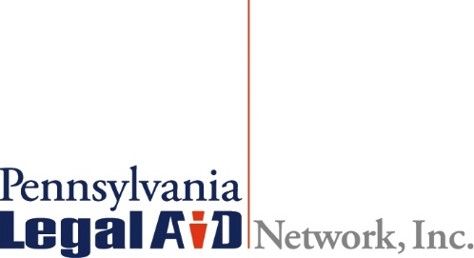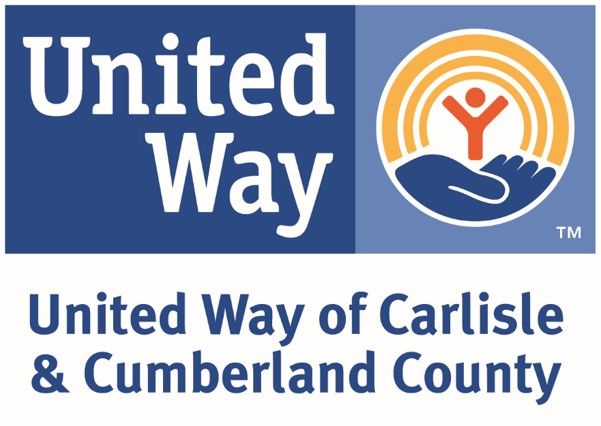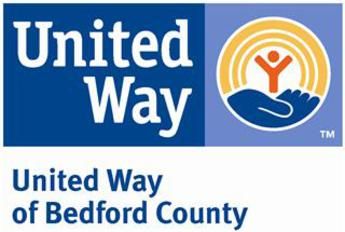AVISO
Nuestras oficinas de Servicios Legales de MidPenn estarran cerrados desde el 25 de Diciembre hasta 1er de Enero.
Volveremos a abrir las oficinas el Lunes, 4 de Enero,2021.
Aplicaciones para nuestros servicios se pueden hacer en nuestra pagina: apply.midpenn.org. Alguien se mantendra en contacto al punto de regresar de estas vacaciones.
Gracias.
Nuestra Misión
MidPenn Legal Services es un bufete de abogados de interés público sin fines de lucro, que provee servicios legales civiles gratuitos de alta calidad a residentes de bajo ingreso y sobrevivientes de violencia doméstica y agresión sexual en 18 condados en Pensilvania Central.
Obtenga más información y forme parte de nuestra labor.
Our Impact in Fiscal Year 2024-2025
-
People Helped
21,096
-
Cases Handled
9,744
-
Economic Benefit $
4,448,732.68
-
Advocate Hours
115,512
-
Our programs are designed to further our mission and provide much needed services for our constituents.
Take a look.
Follow Us on Twitter
News & Notes
Berks Community Health Center (BCHC) will honor Donald F. Smith Jr., Esq., founding member and former Board member, with the health center’s Civitas Award at the seventh annual Picture Berks Healthy. Also receiving recognition is United Way of Berks County, which will be presented with the Community Partner Civitas Award. Picture Berks Healthy is BCHC’s signature awareness and fundraising event and will be held on Monday, March 16, from 5:30 p.m. to 7:30 p.m., at the DoubleTree by Hilton Reading. Light, healthy fare will be served.
Donald F. Smith Jr. is a retired attorney who practiced personal injury law, concentrating in workers’ compensation cases, for more than 28 years with the Reading firm Liever, Hyman & Potter, P.C. He later served as executive director of the Berks County Bar Association and the Law Foundation of Berks County. In addition to helping establish BCHC and serving on its Board and committees, he has contributed his leadership to numerous local organizations, including the Central Berks Police Commission, Centro Hispano of Reading and Berks County, MidPenn Legal Services, Barrio Alegria, the Pennsylvania Bar Institute, and the Pennsylvania Bar Association Political Action Committee. He earned his J.D. from the Dickinson School of Law and his B.S. from Shippensburg University, which recognized him with both its Distinguished Alumnus Award and Exceptional Service Award. He and his wife, JoAnn, have two children and four grandchildren.
Unemployment benefits, including UC, PEUC, FPUC, and PUA, all count as income for federal tax purposes. You should receive a 1099-G form in the mail that you will submit with your tax return.
However, unemployment benefits do not count as income for Pennsylvania taxes. (Click here for more information)
WHYY - Increasingly, people across the U.S. are struggling to pay their utility bills as the price of electricity soars because of supply costs and an increased demand from sources like data centers.
Gas bills are also on the rise, with Philadelphia Gas Works customers facing a $6 increase on average to their monthly bills, starting Dec. 1.
The effects are evident in states like Pennsylvania, where utility shutoffs have increased by 21% this year, leaving ratepayers in the dark.
The termination of a person’s utilities can have dire consequences, especially for kids, older ratepayers and people living with chronic health conditions.
“A shutoff in a very cold month can not only lead to health consequences for the household living in very, very cold conditions, it can also lead to structural damage to the home because the loss of utilities during those times can cause pipes to burst and all sorts of other things,” said Sarah Spangler Rhine, deputy director at Community Legal Aid Society in Delaware.














